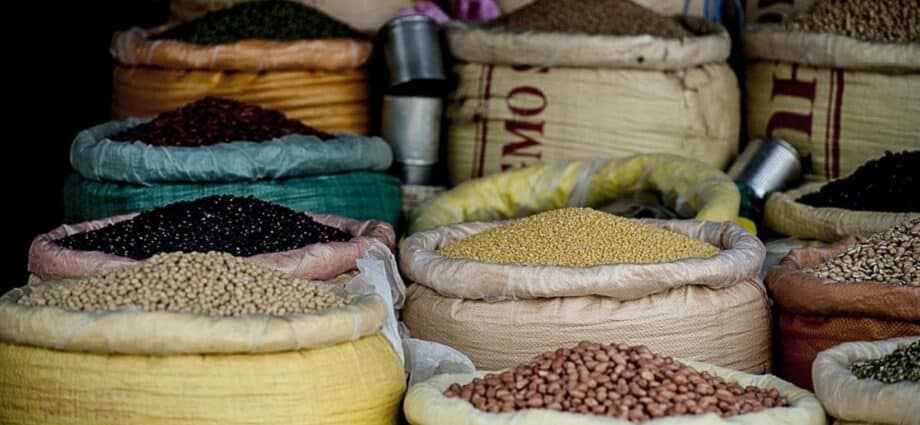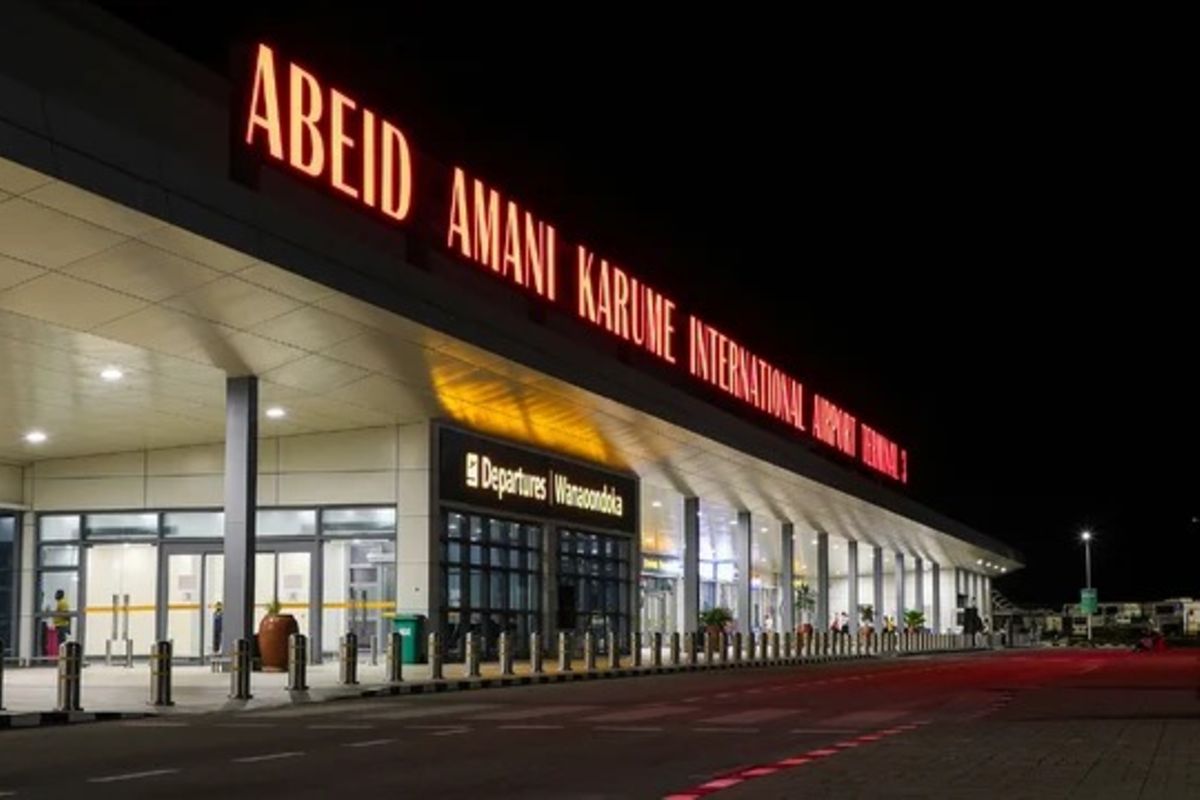A new food import levy imposed by Kenya’s crops regulator risks triggering a fresh standoff between Kenya and Tanzania amid protests by traders.
The 2.0 percent levy on the customs value of cereals and legumes entering Kenya— introduced by the Agriculture and Food Authority (AFA) this week — will see traders pay an extra Ksh20,000 per truckload of maize and Ksh50,000 for rice. This is in addition to other charges the traders have been paying to different government agencies.
“For example, if I have a truck carrying rice from Tanzania worth Ksh2.5 million and AFA adds a new levy of 2.0 percent on custom value, which is around Ksh50,000. This is not good for business people in Kenya” a trader who spoke to Business Daily on Tuesday said.
Traders rejected the new AFA levy leading to blockades at the Namanga border by more than 40 trucks from Arusha on the Tanzania side.
“Traders have refused to bring in imports they had sourced from Tanzania if they are going to pay the new charges,” Mary Nyambura, a customs agent, told the Business Daily on Tuesday.
Following the backlash, AFA yesterday said it had temporarily deferred the new levy until Monday next week when it will hold a meeting with traders.
“Yes, the Authority is fully aware of the reaction of traders from Tanzania on the imposition of the levy,” the regulator said in a response to questions by the Business Daily.
“The Authority is engaging different stakeholders at different levels. So far the board chair and the director-general have had fruitful discussions with different umbrella bodies representing the importers and exporters (National Chamber and Industry, Cereal Miller’s Association among others). The Authority is planning a stakeholder consultative or engagement meeting on Monday, August 19, 2024, at Namanga OSBP (One Stop Border Post). These engagements will be sustained for an amicable solution.”
AFA maintains that the new levy is “a mandatory payment that affected entities must make, except in cases where exemptions are granted.”
The State agency said that proceeds of the new levy would be used to finance “the operations of the Authority, development of the food crops subsector; and such other purpose as may be approved by the Authority.”
The new levy is on top of other charges that traders have been paying to AFA and other government agencies such as the Kenya Plant Health Inspectorate Service (Kephis) and the Kenya Bureau of Standards (Kebs).
The charges include a Ksh3,000 AFA permit to import cereals and legumes, a Ksh600 import permit charge and Ksh7,500 inspection fees to Kephis, Ksh1,100 port health charge, Ksh1,100 biosafety charges and Ksh7,200 to Kebs for moisture and aflatoxin tests.
Sources said traders importing cereals and legumes from Tanzania met on Monday evening following news of the new levy and resolved to reject it, faulting AFA for not consulting them.
The standoff over AFA’s new levy could worsen the situation for Kenyan traders, who have already been affected by a series of trade disputes between Nairobi and Dodoma, with years of trade spats between them causing a 19 percent fall in imports from Tanzania, to Ksh43 billion last year.
Kenya mainly imports cereals, wood, and edible vegetables from Tanzania and it exports pharmaceutical products, plastics, iron, and steel to the neighbouring state.
Central Bank of Kenya data show that Kenya imported goods worth Ksh43.05 billion from Tanzania in 2023, down from Ksh53.28 billion the previous year on the blockades. The 19.2 percent dip in the value of Kenya’s imports from Tanzania was the steepest since 2016 when Dodoma adopted protectionist policies to shield his country’s producers.
The rules mainly restricted the importation of maize into Kenya, triggering blockades by more than 200 trucks at the shared Holili and Namanga borders in June 2023.
The measures were part of food export restrictions which Dodoma started enforcing in 2022 to ensure food security in a trading bloc that perennially experiences deficit in maize, a staple.
The rules required traders to open and register offices in Dar es Salaam for purposes of getting licences to export maize and other grains as well as tax clearance certificates.
Kenya and Tanzania have over the years experienced on-and-off frosty trade ties amid feuds over trade on items such as milk and tea
For instance, in February this year, Tanzania suspended the issuance of new tea imports, citing concerns about the low-quality consignments from Kenya.
The tiff was, however, resolved after Kenya’s Trade Principal Secretary Alfred K’Ombudo held talks with Tanzania officials in Arusha.















